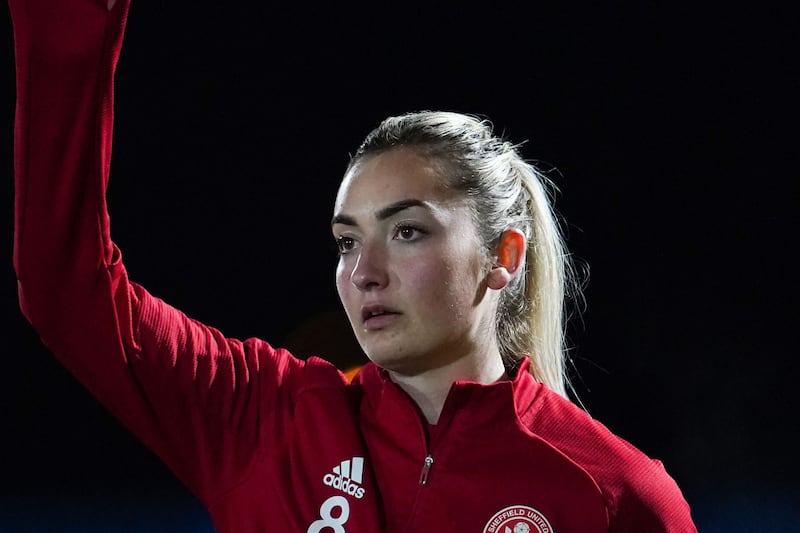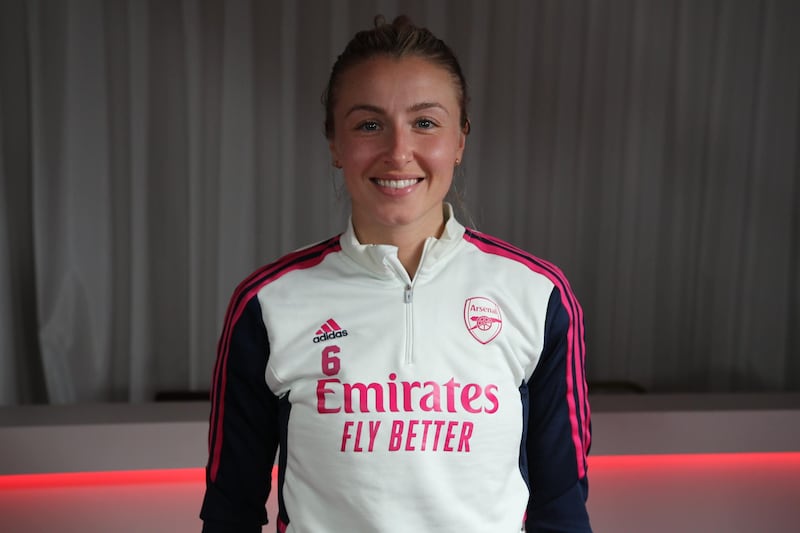The Football Association has set an August 2024 target for the Women’s Super League and Championship to operate under an independently club-owned, club-run structure, the PA news agency understands.
Plans for the top two flights of English women’s football to shift out from under the current direct FA management model have been in the works for some time.
The move will follow a series of consultations with a working group of 10 WSL and Championship executives, chaired by Arsenal chief executive Vinai Venkatesham, established to steer the next phase of the professional women’s game.

Baroness Sue Campbell, the FA’s director of women’s football, said: “I honestly feel we’ve made incredible progress. There’s been a real acceptance that the women’s game needs to be managed differently, run differently, and I think we’ve had some really honest and exciting conversations.
“We have a meeting with all 24 (WSL and Championship) CEOs in June, which again is terrific.”
England did not have a fully professional women’s league until 2018. Since then the game has grown exponentially, and by many indicators was further accelerated by the Lionesses’ triumph at last summer’s European Championship.
Other members of the working group include Crystal Palace chairman Steve Parish, whose side are in the Women’s Championship, and Manchester United director Patrick Stewart.
Thanks to all of you who stayed behind for our end of season celebration and awards after the game yesterday. So lovely to see the Pan packed out. Special club 🖤❤️ pic.twitter.com/LJ5Pwv16ag
— Maggie Murphy (@MaggieMrphy) May 1, 2023
Lewes chief executive Maggie Murphy and London City Lionesses chairwoman and founder Diane Culligan both represent Championship sides unaffiliated with men’s teams.
It is a predicament that presents their organisations with unique needs, distinct from those representing resource-rich Premier League sides like Manchester City’s chief football operations officer Omar Berrada.
While compromises may need to be reached between clubs with wildly different challenges, goals and coffers, Campbell vowed that the direction of the women’s game will be, by design, “very different in nature, in shape from the men’s game because I think that’s really important”.
Thank you to all 7⃣7⃣,3⃣9⃣0⃣ of you who made the #WomensFACup final so special 🙌 pic.twitter.com/sH2aJh15Kg
— Vitality Women's FA Cup (@VitalityWFACup) May 15, 2023
The close of next campaign will also mark the end of the FA’s landmark three-season broadcast deal with the BBC and Sky Sports, believed to be worth about £24million, with internal conversations under way to determine the best approach to negotiating the next iteration.
The current season has seen numerous milestones achieved. All but one WSL club – West Ham – have hosted matches in their main stadia, while this weekend’s FA Cup final broke a world record for a women’s domestic club fixture with 77,390 in attendance at Wembley.
Campbell celebrated those and other successes but says the FA is determined to keep breaking new ground, including ensuring clubs have appropriate and “friendly” facilities and the “right fan environment”.
She added: “It’s a real statement about where the professional women’s game has got to. I don’t want to feel complacent, though, because we’ve still got a long way to go.
“We’ve made a lot of progress, but I want to emphasise there’s still a long way to go in terms of getting numbers through gates regularly. We’ve definitely created momentum.”







